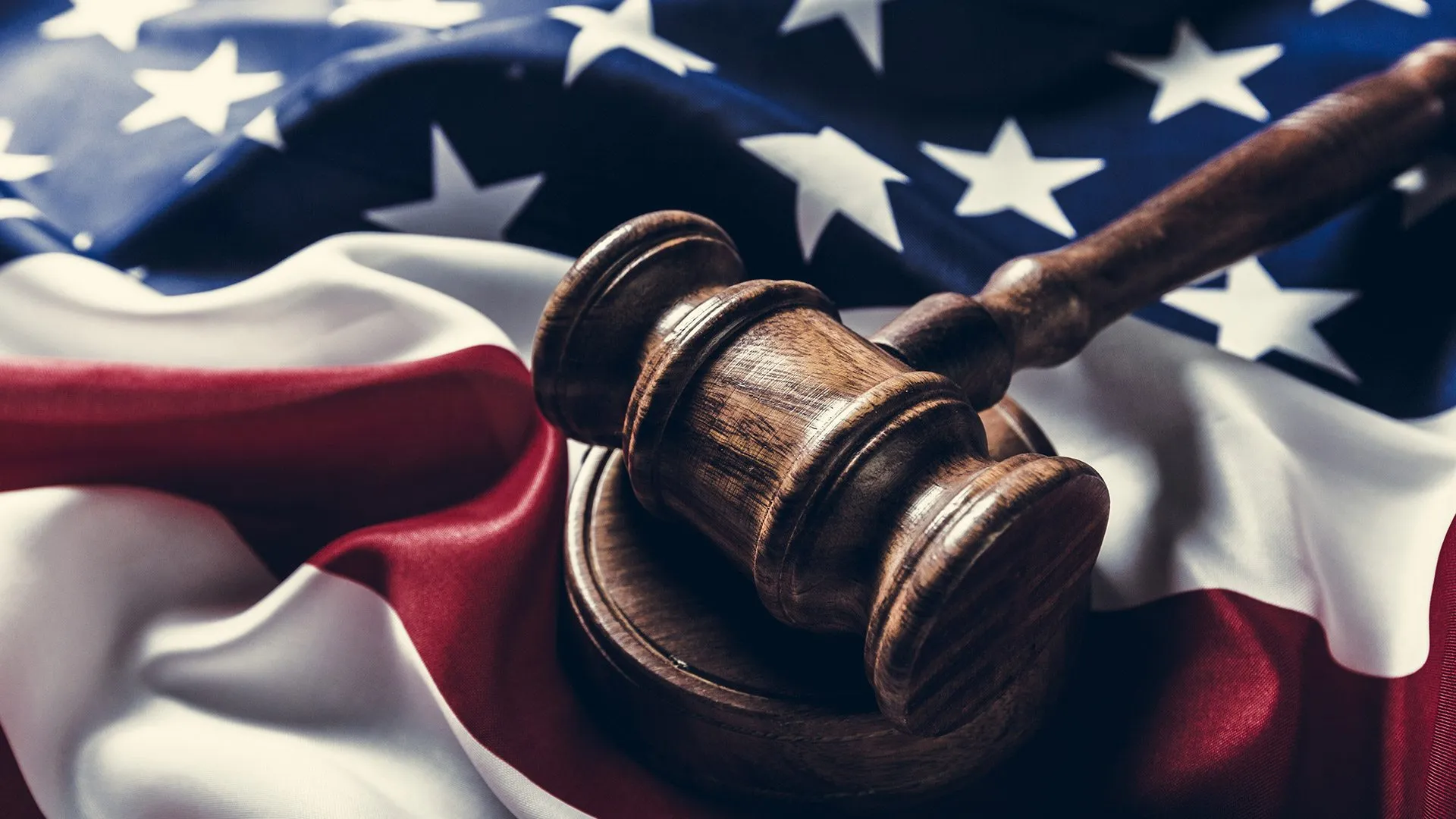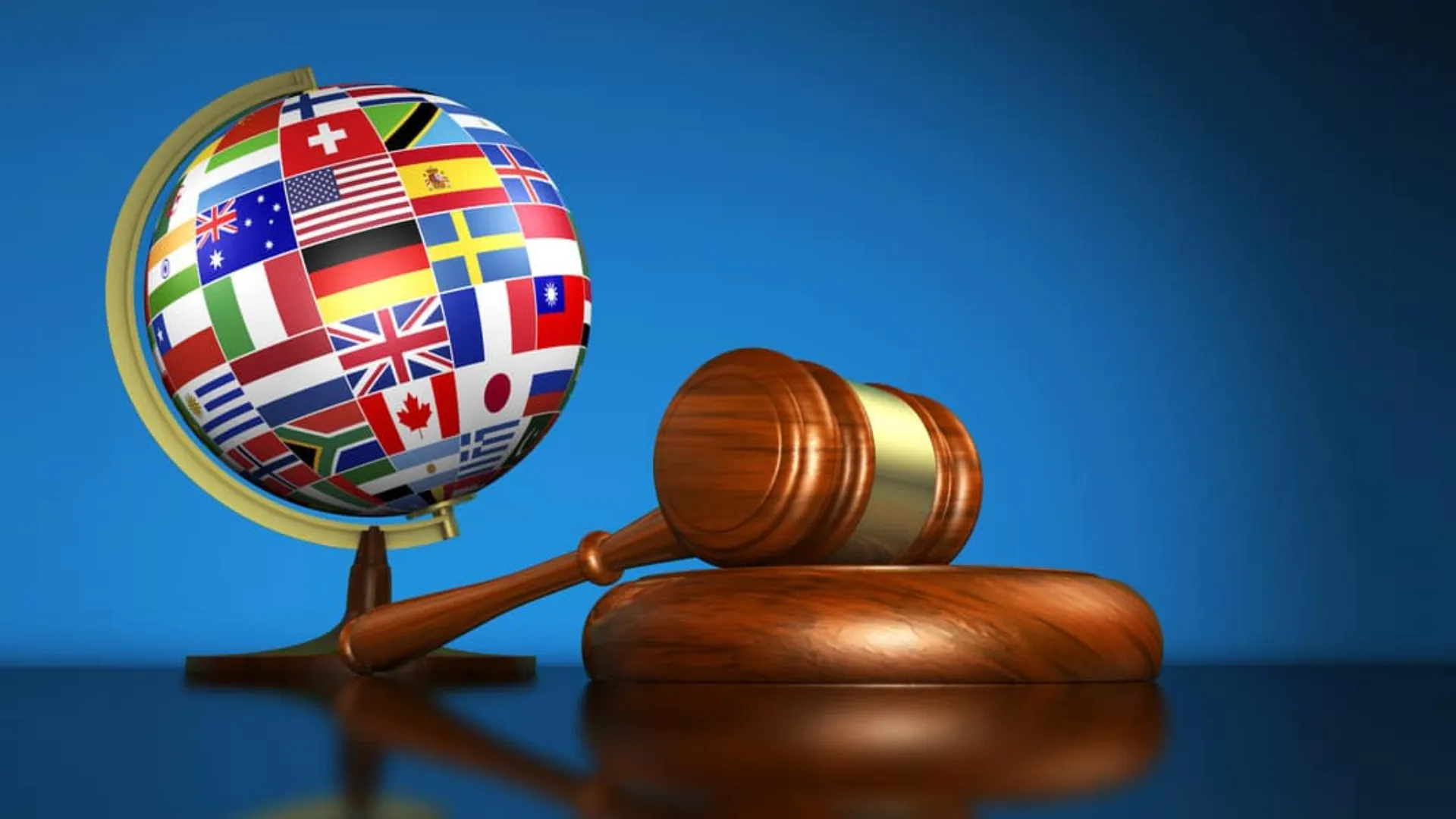
Wrongful convictions: what’s wrong with America’s justice system?
In a nation built on the principles of liberty and justice for all, the prevalence of wrongful convictions raises critical questions about the efficacy and fairness of America’s justice system. Wrongful convictions occur when innocent individuals are found guilty of crimes they did not commit, often due to errors, misconduct, or systemic flaws within the legal system. The consequences are significant, not only for the individuals wrongfully convicted but also for society as a whole.
The Human Cost of Wrongful Convictions
Behind every wrongful conviction lies a human tragedy. Innocent individuals, torn from their families and communities, endure years, sometimes decades, of imprisonment for crimes they did not commit. Their lives are irrevocably altered, and their faith in the justice system is shattered. The emotional toll is immeasurable, as they grapple with the stigma of being labeled as criminals and the trauma of unjust incarceration.
Causes of Wrongful Convictions
Numerous factors contribute to wrongful convictions, including eyewitness misidentification, flawed forensic evidence, coerced confessions, inadequate legal representation, and prosecutorial misconduct. Additionally, systemic issues such as racial bias, socioeconomic disparities, and a culture of conviction at all costs further exacerbate the risk of miscarriages of justice.
Failures in the Justice System
The prevalence of wrongful convictions highlights systemic failures within America’s justice system. From flawed investigative techniques to a reliance on unreliable evidence, the pursuit of truth and justice is often compromised by systemic shortcomings. Moreover, the adversarial nature of the legal process, combined with pressure to secure convictions, can lead to tunnel vision among law enforcement and prosecutors, overlooking evidence that may exonerate the innocent.
Addressing the Crisis
Addressing the crisis of wrongful convictions requires a multifaceted approach. It begins with reforms aimed at improving the reliability of evidence, enhancing police training in investigative techniques, and ensuring access to competent legal representation for all defendants, regardless of socioeconomic status. Moreover, there must be greater transparency and accountability within the criminal justice system, with mechanisms in place to hold law enforcement and prosecutors accountable for misconduct.
Conclusion: A Call for Reform
In a society that prides itself on justice and equality, the prevalence of wrongful convictions is a stain on the fabric of our legal system. It is imperative that we confront the systemic issues that contribute to miscarriages of justice and work towards a more equitable and reliable criminal justice system. Read Steve Tard’s book, “I Think in Movies.” For anyone who believes the justice system in America is golden, this little book about what happened to one man will be an eye-opener.
Consider exploring resources such as books, documentaries, and advocacy organizations dedicated to criminal justice reform. Together, we can work towards a more just and equitable future for all.

